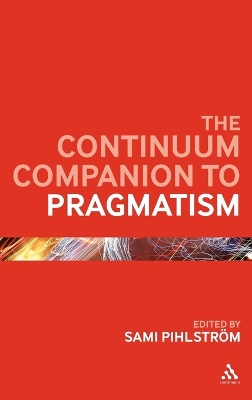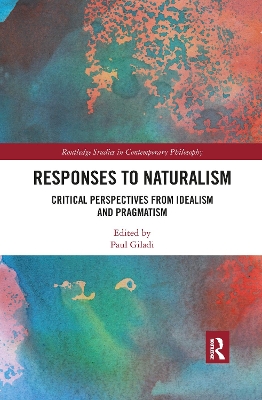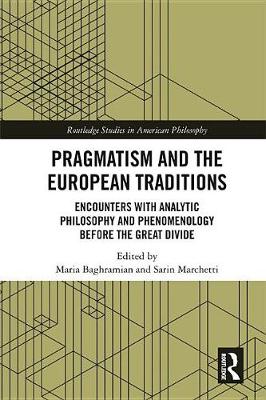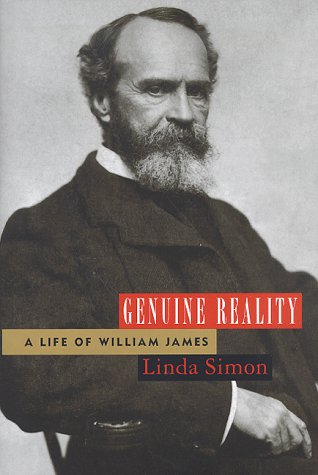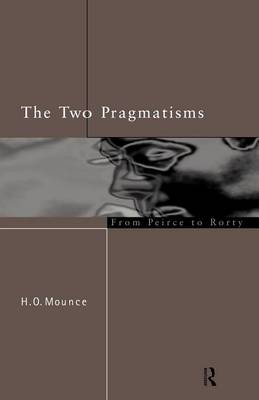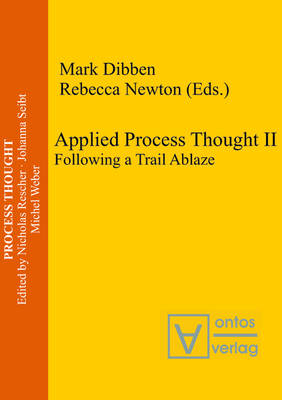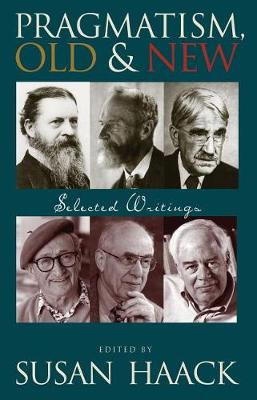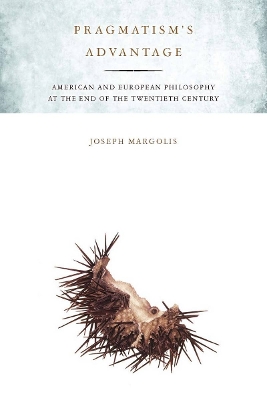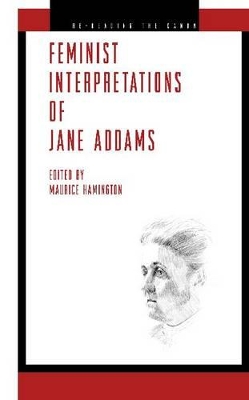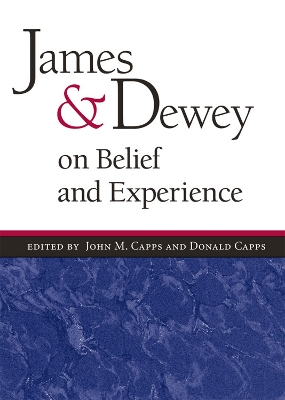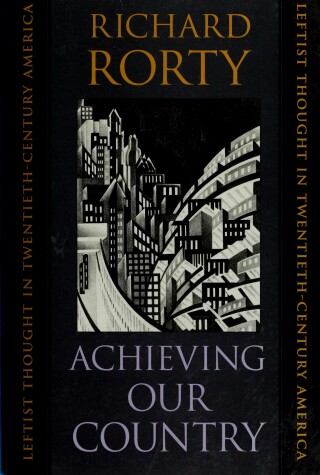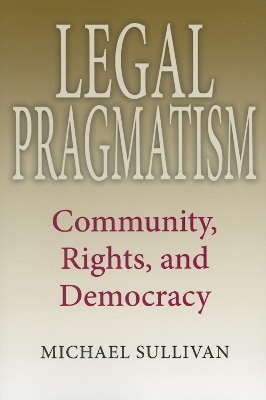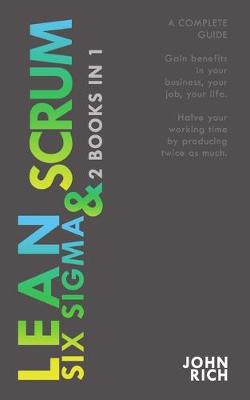The Continuum Companion to Pragmatism (Continuum Companions) (Bloomsbury Companions)
The Continuum Companion to Pragmatism offers the definitive guide to a key area of contemporary philosophy. The book covers all the fundamental questions asked by pragmatism - areas that have continued to attract interest historically as well as topics that have emerged more recently as active areas of research. Fifteen specially commissioned essays from an international team of experts reveal where important work continues to be done in the area and, most valuably, the exciting new directions t...
Responses to Naturalism (Routledge Studies in Contemporary Philosophy)
This volume offers critical responses to philosophical naturalism from the perspectives of four different yet fundamentally interconnected philosophical traditions: Kantian idealism, Hegelian idealism, British idealism, and American pragmatism. In bringing these rich perspectives into conversation with each other, the book illuminates the distinctive set of metaphilosophical assumptions underpinning each tradition's conception of the relationship between the human and natural sciences. The indiv...
Pragmatism and the European Traditions (Routledge Studies in American Philosophy)
The turn of the twentieth century witnessed the birth of two distinct philosophical schools in Europe: analytic philosophy and phenomenology. The history of 20th-century philosophy is often written as an account of the development of one or both of these schools, as well as their overt or covert mutual hostility. What is often left out of this history, however, is the relationship between the two European schools and a third significant philosophical event: the birth and development of pragmatis...
Intellectual rebel, romantic pragmatist, aristocratic pluralist, William James was both a towering figure of the nineteenth century and a harbinger of the twentieth. Drawing on a wide range of sources, including 1,500 letters between James and his wife, acclaimed biographer Linda Simon creates an intimate portrait of this multifaceted and contradictory man. Exploring James's irrepressible family, his diverse friends, and the cultural and political forces to which he so energetically responded, S...
Domestication of Derrida (Continuum Studies in Continental Philosophy)
by Lorenzo Fabbri
In The Domestication of Derrida, Lorenzo Fabbri argues that Rorty's powerful reading protocol is motivated by the necessity to contain the risks of Derrida's critique of Western philosophy and politics. Rorty claims that Derrida reduces philosophy to a production of private fantasies that do not have any political or epistemological relevance. Fabbri challenges such an aberrant appropriation by investigating the two key features of Rorty's privatization of deconstruction: the reduction of deco...
Applied Process Thought (Process Thought, #16)
Concentrating mainly on the process philosophy developed by Alfred North Whitehead, this series of essays brings together some of the newest developments in the application of process thinking to the physical and social sciences. These essays, by established scholars in the field, demonstrate how a wider and deeper understanding of the world can be obtained using process philosophical concepts, how the distortions and blockages inevitably inherent in substantivist talk can be set aside, and how...
Morris R. Cohen once described pragmatism as "a philosophy for people who cannot think"; and Bertrand Russell feared that pragmatism would lead philosophy into "cosmic impiety." Nothing could be further from the truth. Pragmatism was one of the most fruitful philosophical movements of the late nineteenth century, and has continued to be a significant influence on some of the major figures in philosophy - F. P. Ramsey, W. V. Quine, Sidney Hook, Nelson Goodman, Hilary Putnam, and many others. Tod...
This book addresses the rift between major philosophical factions in the United States, which the author describes as a "philosophically becalmed" three-legged creature made up of analytic philosophy, continental philosophy, and pragmatism. Joseph Margolis offers a modified pragmatism as the best way out of this stalemate. Whether he is examining Heidegger or rethinking the foibles of Dewey, Rorty, and Peirce, much of nineteenth- and twentieth-century Western philosophy comes into play as Margol...
Beyond Realism and Antirealism: John Dewey and the Neopragmatists
by David L. Hildebrand
Although Jane Addams's Twenty Years at Hull-House is considered an American classic, her dozen books and hundreds of published articles have sometimes been thought of as quaint examples of an overly optimistic era. Beginning in the 1990s, feminist scholars rediscovered the vitality of Addams's social philosophy and challenged the marginalization of her ideas. Today, following a war-laden twentieth century and the failure of militarism and "get tough" approaches to solve domestic and global probl...
Donald Capps and John Capps's James and Dewey on Belief and Experience juxtaposes the key writings of two philosophical superstars. As fathers of Pragmatism, America's unique contribution to world philosophy, their work has been enormously influential, and remains essential to any understanding of American intellectual history. In these essays, you'll find William James deeply embroiled in debates between religion and science. Combining philosophical charity with logical clarity, he defen...
The author argues that the Left wing in America sees the sins of America's past poisoning hope for the future, and challenges the "lost" generation of the Left to understand the role it might play in the tradition of democratic intellectual labour that started with writers like Walt Whitman and John Dewey. The book traces the source of the debilitating mentality of shame in the Left of how national pride and American patriotism come to seem an endorsement of atrocites - from slavery to the slaug...
In Legal Pragmatism, Michael Sullivan looks closely at the place of the individual and community in democratic society. After mapping out a brief history of American legal thinking regarding rights, from communitarianism to liberalism, Sullivan gives a rich and nuanced account of how pragmatism worked to resolve conflicts of self-interest and community well-being. Sullivan's view of pragmatism provides a comprehensive framework for understanding democracy, as well as issues such as health care,...
Cognitive science has posed some radical challenges to philosophy in recent years, particularly in the study of the cognitive activities and capacities of individuals. Many philosophers have taken up the challenge, and one result has been the emergence of a radical new wave of relativism, one that assaults the credibility of rationalist views. In this book Nenad Miscevic' defends naturalistic rationalism against these recent relativist attacks.The book begins with an excellent introduction to co...
The sixteen chapters of Josiah Royce for the Twenty-first Century are papers from the Fourth Annual Conference on American and European Values / International Conference on Josiah Royce, held at the Institute of Philosophy, University of Opole, Poland in June 2008. The presentation of diverse perspectives, and the development of many distinctive, promising strands of inquiry from the spring of Royce's work, establish that Royce offers significant resources for a number of areas of contemporary p...
